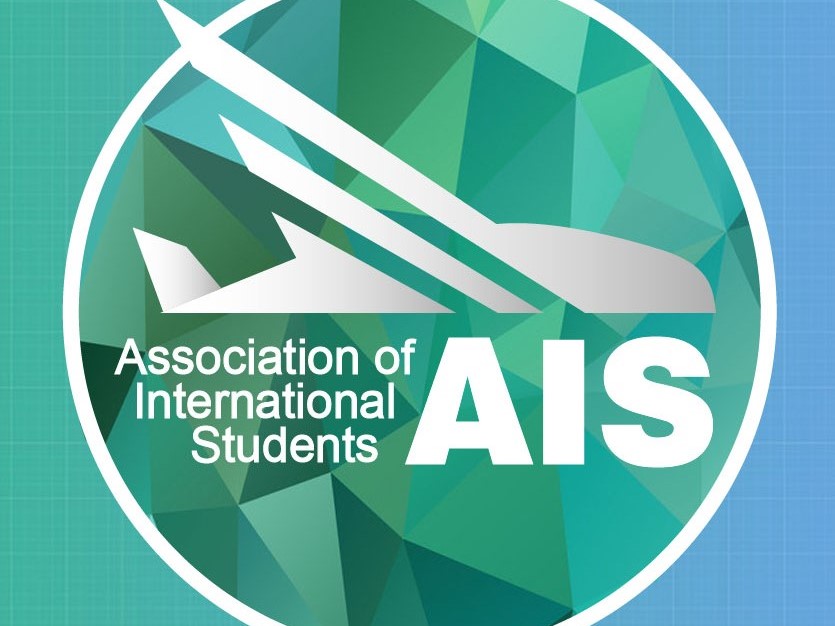What do tutors for international students do and how to become one?
Traveling to another country to study might not be an easy choice, given possible difficulties with preparing documents and adapting to a new environment. In order to help international students, the HSE University has created the Association of International Students, and each program has a tutor, ready to help international students with all questions. We have talked to Sofia and Anastasia, our second-year students, to learn more about their activities as tutors. Let's meet them!

How did you become a tutor for foreign students at university?
Sofia: I first learned about tutoring in my first year of university by accident. It was an exciting idea for me to give it a try, as I have always been interested in helping others, plus I already have experience helping foreigners in Russia, and I was very enthusiastic about it. So, when I saw the post about the recruitment of tutors, I started to prepare for the selection despite all the deadlines, tests, and exam preparations. We went through several stages of selection, including a test and an interview, following the results of which I joined the team of tutors.
Anastasia: My friend Sofia (tutor of the PS&WP Program) suggested that I should also participate. Honestly, I don't need to be persuaded for a long time because I was going to join one of the student organizations in the second year. So, after going through several stages of the interview, I saw a post about my "appointment". I was incredibly surprised and delighted!
What are your daily duties?
Sofia: The biggest and most responsible period for us was from the release of the enrollment order untill the moment of arrival. At that time, we were reminding the students about the necessary documents and how to prepare them and giving advice before their arrival. Now my main duties include staying in touch with the guys, answering questions and participating in AIS events. Specifically, I am on the design committee.
Anastasia: In fact, the duties of the tutor and the curator are somewhat different, so it is the daily duties that are absent if I’m not approached with a question about documents and other stuff. However, our team of tutors regularly discusses planned events, meetings and the development of the association.
How many foreign students do you help and from which countries?
Sofia: At the moment, we have 8 foreigners: two from CIS - Belarus, Kazakhstan, two from Europe - Germany and Italy. There are also guys from China, Lebanon, Morocco, and Egypt
Anastasia: At the moment, I have 25 students from the Program on Design. There are students from Belarus, Kazakhstan, Moldova, and Turkey.
What are the problems and difficulties that foreign students most often face when attending university?
Sofia: In my opinion, the most frequent problems are those arising from the legal side. How to extend a visa, where to get a medical insurance, how to get a doctor's appointment and sick leave, how to get a part-time job. Quite often, there are questions about culture, language or studies, which I am also very happy to answer.
Anastasia: In my opinion, the main difficulties are bureaucratic. As a person who came from another city, I learned all the issues of registration, etc. So, it is much more difficult for students from another country. It is very hard to study and, at the same time, keep in mind the validity period of the migration card and deal with different departments. That is why there are tutors in the HSE.
How exactly do you help foreign students adapt to the new culture and educational process?
Sofia: Cultural adaptation is mainly the responsibility of the organization itself. We try to organize events where you can get to know the local culture better or introduce your own. This brings students together, helps them to make new acquaintances and have fun. You can follow the announcements in the AIS community.
Anastasia: AIS is quite often the organizer of cool events for international students! So, at the end of August, an orientation day was held, at which the students saw their tutors for the first time, talked to each other and learned all the features of studying at HSE. On HSE Day, we also organized activities from our organization so that students could learn more about the cultures of their colleagues. I advise you to subscribe to our VK page and follow the announcements of events.
Quiz
The most important quality for a tutor:
Sofia: Open-mindedness
Anastasia: Responsibility
The country you want to visit:
Sofia: Morocco
Anastasia: Kazakhstan
Association with the tutors’ activities:
Sofia: Community
Anastasia: Help
Reason to become a tutor:
Sofia: Moments
Anastasia: Communication
Interview by Alina Potapkova, 2nd year student

